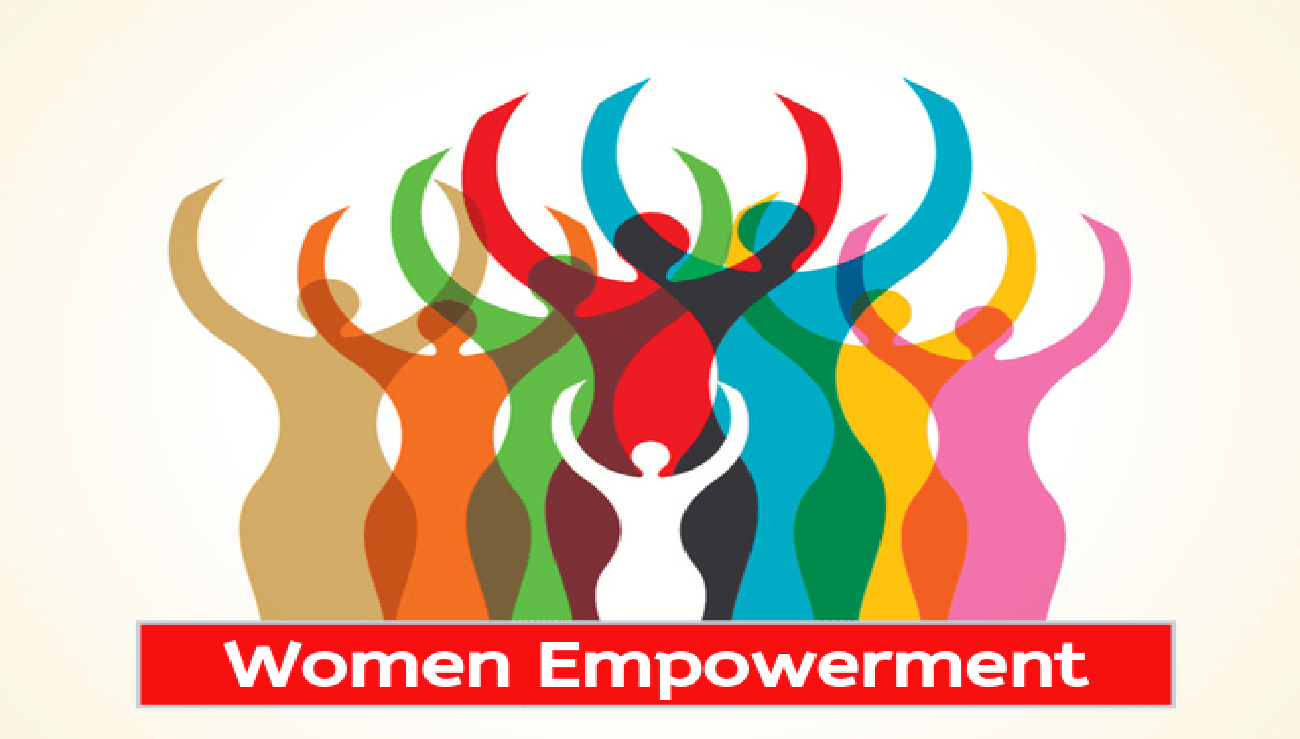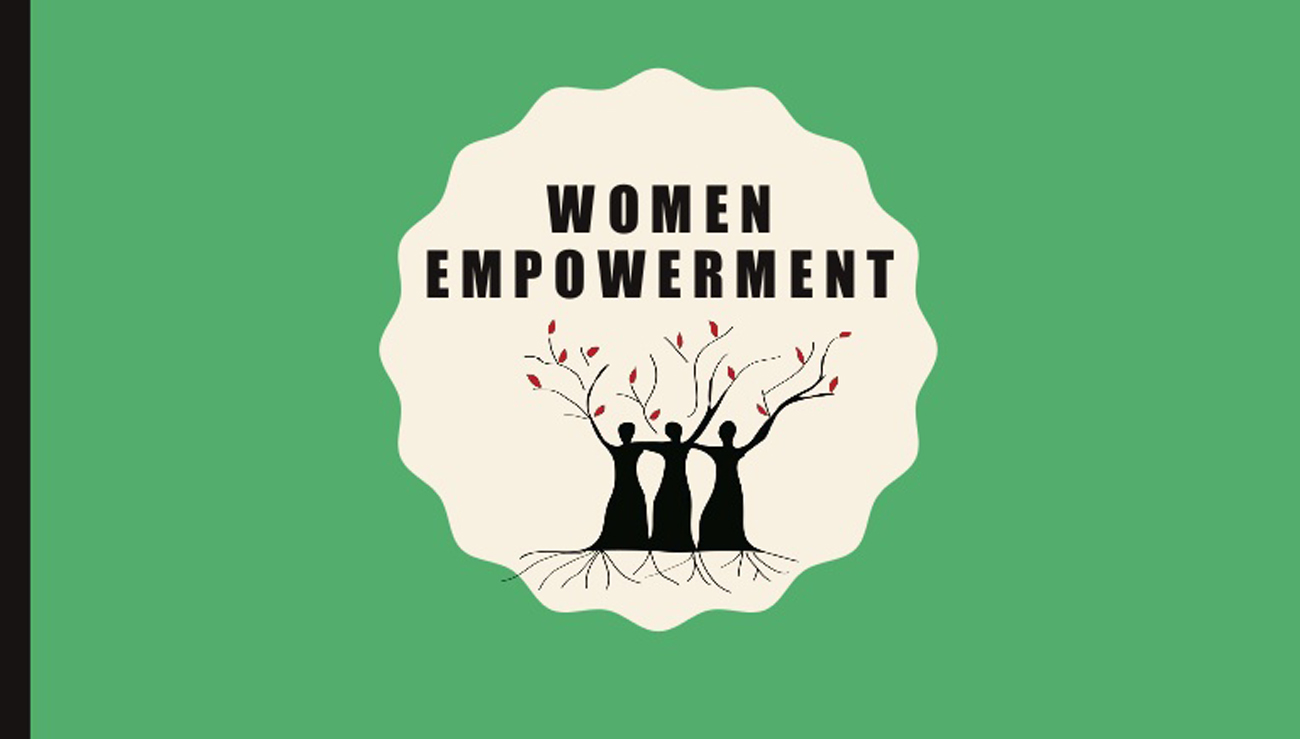
Empowering Women Through Higher Education: the Kerala Episode
Abstract:
‘Empowering women’ has become a buzzword in our socioeconomic parlor. Several initiatives in line with empowering and emboldening women have been on the roll. Provision of education in general and higher education in particular has been seen as a potent tool in mainstreaming women everywhere. India is not an exception in this regard. Among the Indian States, Kerala has exhibited a unique model based on education and health. Despite the bold attempt of the State in mainstreaming women through Democratic Decentralisation and provision of higher education, the fact remains that women in Kerala are not proportionately represented in the decision making bodies of Universities like Senate, Syndicate, Academic Councils, Board of Studies and so on. As regards women representation in responsible positions like Registrars, Pro-Vice Chancellors, Vice Chancellors, Faculty Deans etc., their presence is conspicuous by their absence. For example, out of the 12 Universities in Kerala, we have only one women Vice-Chancellor and a ProVice Chancellor. This is the case with other dignified positions in the field of higher education. The paper underlines the need for enhanced women participation in decision making bodies of higher education like Universities for their empowerment.
Author(s):
DOI:
Keywords:
References:
Agarwal, Pawan (2006), Higher Education in India-The Need for change, Working Paper 180, Indian Council for Research on International Economic Relations, June.
George, K.K and Ajith Kumar. N (1998), ‘What is wrong with Kerala’s Education System?”, Working Paper No.3, Centre for Socio-Economic and Environmental Studies, Kochi.
Government of India (2012), Annual Status of Higher Education of States and UTs in India, 2012, (Summary Report), Planning Commission, CII and Eduvisors, New Delhi.
Government of Kerala (2012), Economic Review, State Planning Board, Thiruvananthapuram.
Government of Kerala (2006), State Human Development Report 2005 , State Planning Board, Thiruvananthapuram.
Manabi Majundar and Vaidyanathan A., “ The Role of Private Sector in Education in India”, Discussion Paper Series No. 19, UNDP Project, Centre for Development Studies, Trivandrum.
Nayak, Radhika Shrikant (2000), ‘Empowerment of Women through Higher education”, Kerala Private College Teacher , Academic Special , July, 12-14.
Pylee, M.V, (2004), “Kerala Educational Scenario-Strengths and Weakness”, Kerala Calling , January,30-34.
University Grants Commission (2012), Inclusive and Qualitative expansion of Higher Education, New Delhi

